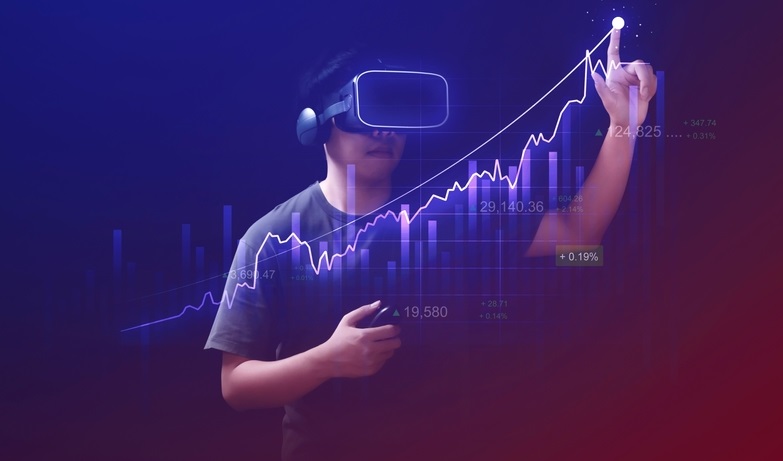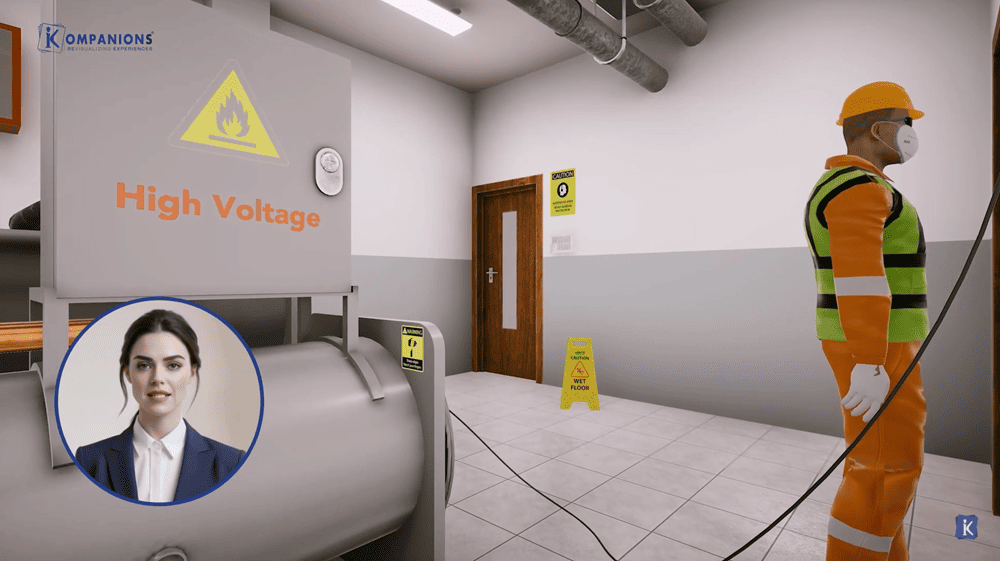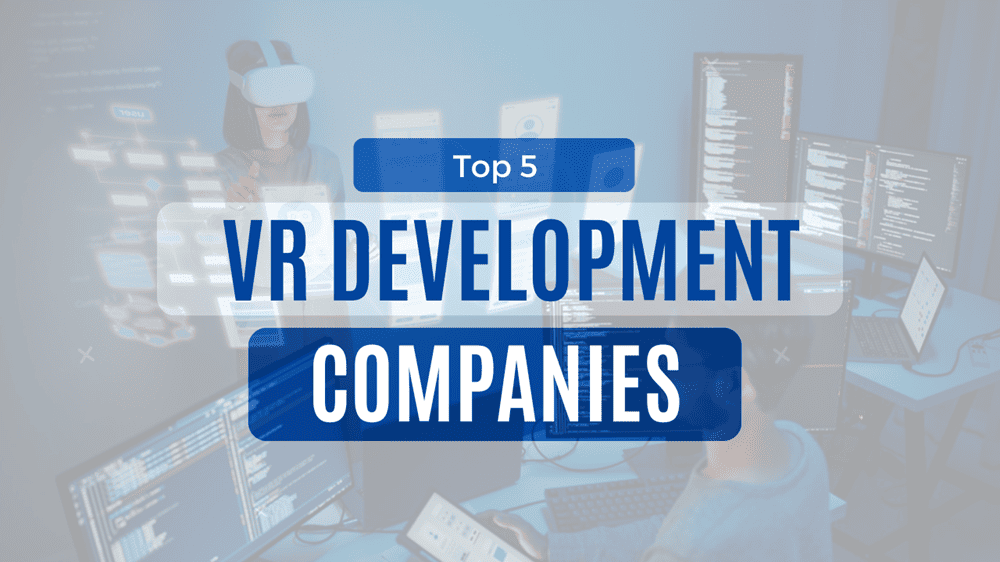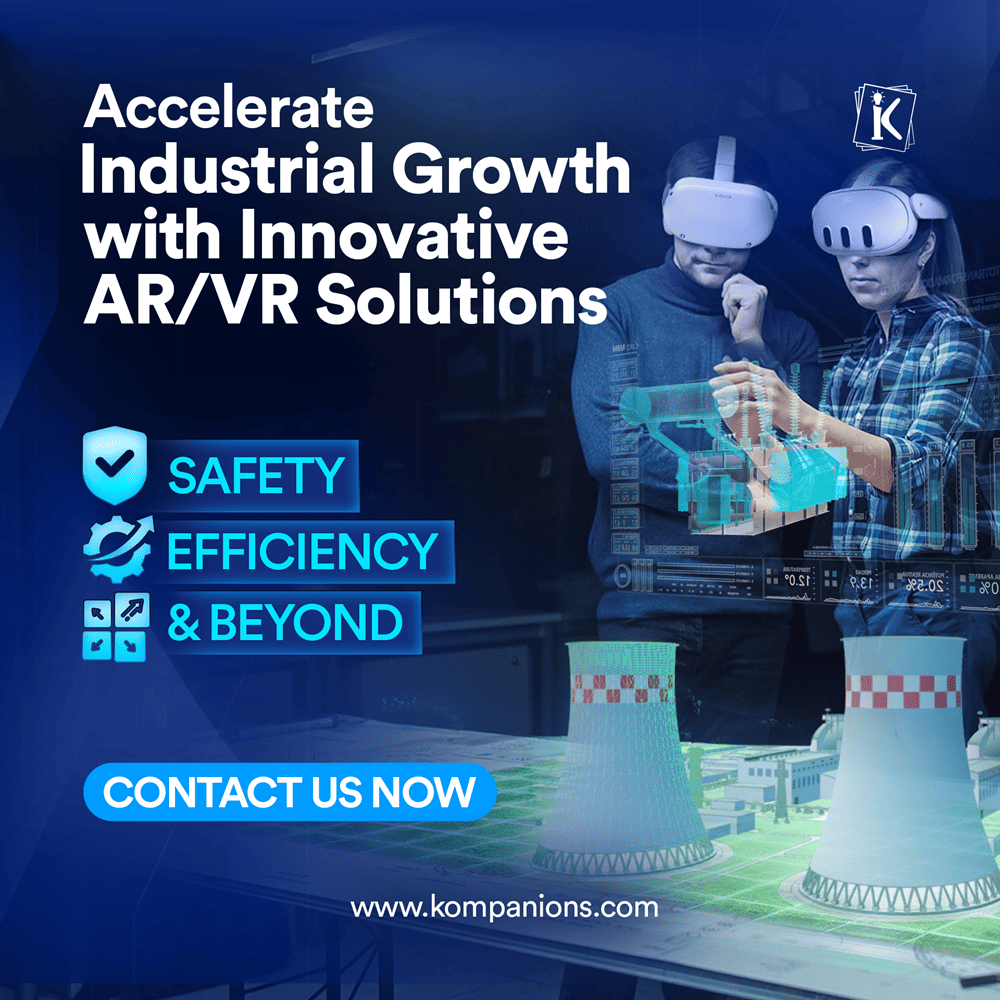How AR and VR are Shaping the Future of Marketing
From wall paintings and posters to social media postings and advanced digital marketing methods--- the marketing and advertising space has evolved a lot.
Gone are the days when marketers used to rely solely on conventional marketing and advertising strategies to promote brands. With the internet at your fingertips, marketers leverage advanced technologies like AR and VR to create mesmerizing brand experiences.
Augmented and virtual reality marketing have opened up a new window of immense possibilities for marketers to successfully initiate and run their marketing campaigns.
- The global marketing and advertising market will grow to $786.2 billion by 2026, Billion by 2027. (Research And Markets)
- While the AR and VR market worldwide will hike to $856.2 billion by 2031. (Allied Market Research)
Considering the benefits of VR and Augmented Reality development, the merger of these two markets is evident.
No wonder AR and VR impress industries across the globe with their novel approach. The latest experiments with AR and VR focus on discovering new avenues to market and advertise brands.
On the one hand, app developers are implementing VR to make the app function more alluring. While on the other hand, VR in marketing seems like the more impactful way for marketers to incorporate more value into their campaigns.
We will discuss how these two technologies impact marketing and advertising, then read on.
What do you mean by AR and VR in marketing?
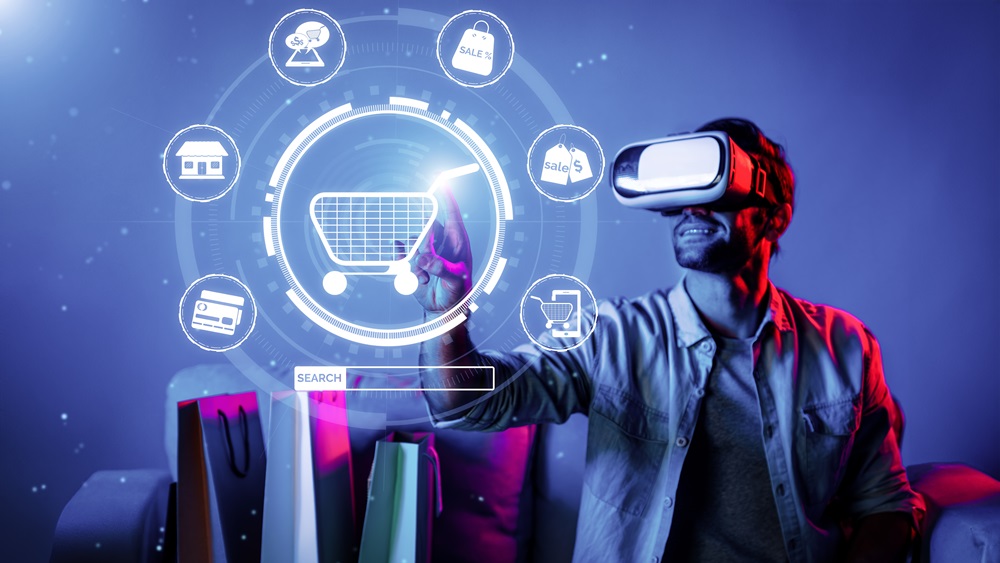
Augmented Reality is the amalgamation of the natural and virtual worlds and people's real-time interaction with the virtual objects staying in the real world.
In contrast, VR enables users to experience a computer-generated simulated world, a replica of the real world. VR solutions include audio, visual, and much more to magnify the users' experience. VR solutions are a mixture of augmented reality and mixed reality.
"Being Digital is the New Normal, And VR in Marketing is the New Normal of Being Digital"
Users worldwide have switched to the internet from their regular newspapers and handbills. Social media is now the mainstream marketing channel.
Therefore, marketers and advertising professionals must turn their marketing efforts digital. Marketers need to change their strategies by following the latest technological trends.
AR and VR in marketing are becoming the new normal of digital marketing.
AR and VR are crucial in today's marketing and advertising campaigns. Companies and marketing agencies are digging into AR and VR applications to seize their targeted customers' attention and level up revenue.
AR and VR are the future of marketing, creating unforgettable brand interactions and driving results. Don’t get left behind—start building immersive campaigns now!
Contact UsIn fact, VR in marketing is the new normal across the marketing and advertising realm. Many marketing agencies and business enterprises are now partnering with VR companies to experience the best outcome of their marketing campaigns.
Moreover, Being digital and accessible from anywhere and anytime is the prime focus for marketers these days. It is where AR and VR can provide a practical solution.
Related Post: The Virtual Reality Boom in B2B Industries
How is AR/VR in Marketing Bringing Changes?
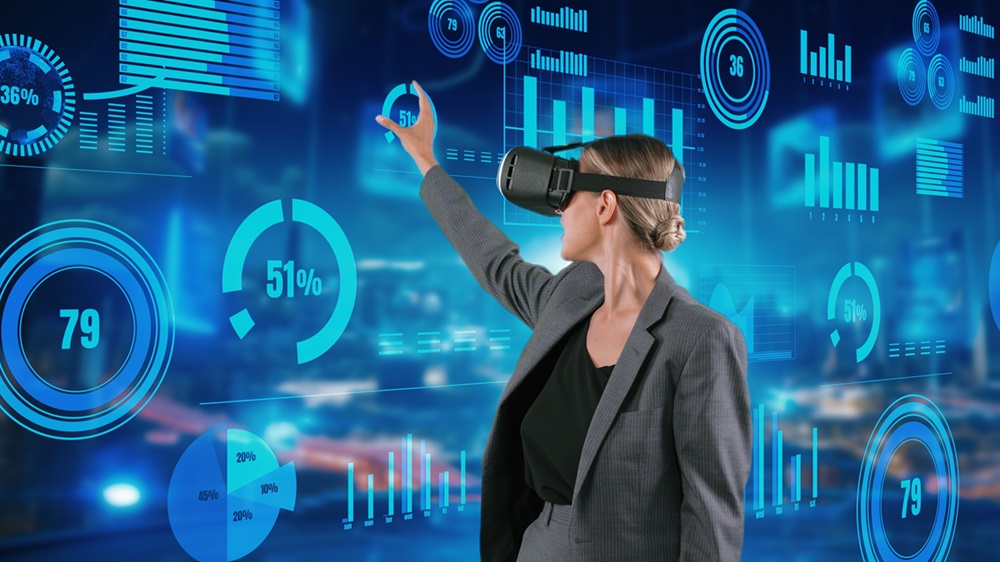
Both AR and VR bridge the gap between customer experience and their actions. Businesses can create supreme impactful product presentations tailored to their targeted audience. There are plenty of other benefits of adopting VR in marketing. Some of them are mentioned below:
- The first impression is the last
VR implementation in marketing campaigns is the best way to grab and lock the attention of your targeted customers.
Both AR and VR aid companies in presenting their products or services in a brilliant and captivating way. Customers instantly fall their heads over the wheels when they see the effects.
AR and VR enable customers to experience the product's value before buying it. So, VR in marketing also allows buyers to make the right purchasing decisions.
The more you present your products and advertise them through VR technology, you will become able to engage more and more customers. Your sales will grow sky-high.
- VR personalized ads: the marketing tsunami
People love to hear stories from old age. The stories that they can relate to themselves hit them the most.
So, it is clear that people cherish personalized experiences.
AR/VR technologies expose marketers and advertisement professionals to a new realm of personalized advertising experiences.
With these technologies, marketers can create unique and personalized user experiences to make them fall for the brand. It is not that far when marketing, advertising, and messaging customers at the individual level will become mainstream.
Transform your marketing strategy with AR and VR. Engage customers like never before with immersive experiences.
Contact Us- A gateway to the metaverse
- The metaverse market across the globe will ascend to 426.9 billion by 2027. (Markets And Markets)
The metaverse industry is galloping fast to reach the new sun. With the rapid expansion of metaverse development, it's clear that metaverse training and experiences will soon become the new standard for creating unique approaches to customer engagement.
VR technology is the gateway to the metaverse for enterprises. Once you unlock the secrets of VR in marketing, the scopes to market your products in the metaverse will fit within your fist.
In fact, VR-dominated metaverse marketing will become the ultimate way to fill the gaps between digital objects and real-world human experiences.
Parting words
Since Augmented Reality and Virtual Reality first popped on the surface, people have been wandering around the implementation of these technologies.
Industrial AR/VR holds futuristic possibilities for companies, marketing, and advertising agencies. Marketing agencies are delving into VR in marketing to explore unique paths to bring changes to the marketing landscape.

